|
Humanist Books Spreading wide, deep knowledge and culture
2017.10.10
Recently, I set out to conduct an interview with Seo-hyeon Hwang, executive editor at Humanist Books. After setting out from Hongik Univ. Station and finding my way through the narrow paths of Yeonnam-dong, passing by several pretty cafes with outdoor seating, I found myself before a gray, modern building. The word "Humanist" can plainly be seen on one side of the building. After stepping into the coffee shop on the first floor and making my way down a set of stairs I discovered books Humanist has published, all organized neatly.
It has been 16 years since its establishment and in that time Humanist Books has published roughly 1,000 books while spending time with 1,800 authors. The publishing company has met with 10 million readers and also seen 7.5 million podcast listeners. It has also continuously organized events including lectures on humanities and book concerts to increase contact with readers. Also, in order to expand opportunities for knowledge exchange, the company opened the "Humanist University" and made 39 classes available. The students who went through the company's courses measure at some 2,000. Humanist Books sees itself as a partner of valuable life and is always thinking of ways to be closer in touch with readers.
KPIPA When Humanist Books first started out in 2001, it named itself as a specialized publisher for books on humanities. Could you tell us about the road the company has come so far?
Hwang 2017 will be the 16th year for Humanist Books. When I look back on the road the company has traveled so far, it fills me with emotions. When the company was first founded, we had a vision we would publish 1,000 books on basic knowledge that children, students and adults could read, including history, philosophy, science, nature and art. Also, we told ourselves we would contribute to creating valuable knowledge for a more creative South Korea communicating with the world by finding new authors at home and improving our editing skills.
I'd like to introduce a few of our books by year. In 2001 we published a talks series by Jeong-il Do and Jae-cheon Choi while in 2006 we had Yuk-hoon Kim's The Living Textbook on Contemporary and Modern Korean History. Later in 2008 there was Mun-ho Park's Brain, the Emergence of Thought and Le Monde World History 1 that was organized by Le Monde Diplomatique. In 2009, the president of Humanist Books published What Makes an Editor?. A year later we published Korean History for Foreigners written by the national association of history teachers, as well as The Living Textbook on Geography 1, 2 written by the association of geography teachers. In 2012 we had Ji-young Gong's Musical Chairs and in the year after that, we published Si-baek Park's The Annals of the Joseon Dynasty series. Among others, we also had Mun-ho Park's All about Brain Science through Pictures.
One thing we are proud of is the fact that more than 90 percent of our books have enjoyed longevity and sell well to this day. In addition to this, 20 percent of our books or 200 of them have been recognized for their excellence, like being selected as books of the year.
KPIPA When looking at books published by Humanist Books, most of them have been written by local authors. Many of them have been jointly authored, as well.
Hwang In line with our founding vision and mission, we have the highest percentage of local-made books at 86 percent out of all the publishers in South Korea, thanks to our efforts to find more South Korean authors. Over the past 16 years, we have worked with about 1,800 authors. Even from this number alone we can tell we have a high percentage of local authors who work with us. We've also had many experiences with books that have co-authors. It's not an easy task, getting everyone's writing together from the planning stages, but there are many positive sides to it, as you can approach subject matters from various points of view.
This also goes for the books co-authored by national teacher associations for history, Korean language, social studies and geography as well as those written by key authorities on humanities. One of our biggest assets is our pool of authors and it is a boon for us to have so many "power authors".
KPIPA We've noticed Humanist Books has many books that have gone through extensive periods of cooperation and planning. And all of those books have become steadysellers in South Korea. One would be The Annals of the Joseon Dynasty series by Si-baek Park. We doubt any of this was easy for the company.
Hwang I feel the more time we spend planning a book, the bigger the chance we will have in creating a steadyseller, whether it be 3, 5, 7, or 10 years. Our talks series during our first years would be a good example, as well as The Living Textbook on Korean History. Dozens of our staff worked day and night for months to analyze textbooks used in the United States and Europe. Back then we had no idea these books would become strong steadysellers that could sell over a million copies over the course of a decade. This was the same for Si-baek Park's The Annals of the Joseon Dynasty. The series was completed after 10 years, and two years after its completion we worked on a revised version. We now have a goal in mind to complete the English version of this series in three years.
KPIPA The company also creates podcasts. We are curious as to how this started and what the reaction has been so far.
Hwang We first launched our podcasts in the summer of 2013 through Si-baek Park's The annals of the joseon dynasty.
KPIPA "Reading entertainment" is becoming popular in the publishing industry. This of course, calls for the role of the publisher. We know you've been keeping up relationships with your readers through lectures and book concerts.
Hwang As I said before, we remind ourselves of our founding motto that Humanist Books will start with books but not stay in one place. We try to think "One Source, Multi-Use". Through this, we think of the expanded role of books.
After roughly a decade since Humanist Books' founding, we launched the Humanist University, podcasts and power writer ON for reading entertainment projects. These are all opportunities for knowledge and culture exchanges through books. We did this because we feel it is the role of the publisher to provide readers with opportunities to experience new imaginations and creations. One leading example of this would be the Humanist University, where we provide lectures given by writers who have worked with us. Every year we've had nearly 1,000 readers participate.
KPIPA Before we wrap up, are there books you'd like to introduce to offshore readers?
Hwang First of all, I'd like to recommend books on art. One of these would be The Sounds of the Metropolis by Hee-kyeong Lee. It is a book on the scenery of modern music across major cities in the 20th century, like Vienna, Berlin and New York City. The book touches on the lives and musical worlds of modern musical composers who created changes in music and sound. We planned this book very thoroughly and I feel it would be of great interest to foreign readers.
Next up is a book on social sciences. It is a book called A Very Special Biology Lesson by Su-cheol Jang and Jae-seong Lee. Jang is a biologist while Lee is a scholar on the Korean language and the book takes the form of a Q&A between Lee, who knows little of biology, and Jang. It's been considered as a good book for the general public to understand biology and address any questions they might have had.
By browsing the books at Humanist Books, the author of this article was able to enjoy the knowledge of today and the history they tell. People say publishers can be determined by their books and Humanist Books has read the flow of generations well and continues to talk to readers by thinking of the meanings inside those changes. Humanist Books has shown it breathes together with readers and the world through living knowledge. I offer encouragement to the company as it heads towards its 30th anniversary, always thinking ahead.
Arranged by Ji-hye Gwon
|
Pre Megazine
-

Review of Seoul International Book Fair 2017
VOL.1
2017.06 -

Visiting Book Fair Thailand 2017
VOL.1
2017.06 -

Translated and Published in Taiwan, Meet Chin-Myong Kim's THAAD
VOL.1
2017.06 -

Independent Publishing
VOL.2
2017.07 -

A Korean Publisher Growing With the World
VOL.2
2017.07 -

Gilbut Children
VOL.2
2017.07 -

Character Licensing Fair 2017
VOL.2
2017.07 -

The Online and Digital Marketing of South Korea's Publishing Industry
VOL.3
2017.08 -

Golden Bough
VOL.3
2017.08 -

Black Forest
VOL.3
2017.08 -

2017 Korea Book Fair in Vietnam
VOL.3
2017.08 -

Ji-hyeon Lee's Pool
VOL.3
2017.08 -

Characteristics of South Korean Web Novel Platforms and Ventures Overseas
VOL.4
2017.09 -

Publishing Educational Materials for 40 Years “Darakwon”
VOL.4
2017.09 -

Leading the Popularization of Art “Art Books”
VOL.4
2017.09 -

South Korea to Participate in 2017 International Istanbul Book Fair as Guest of Honor
VOL.4
2017.09 -

Haemin Sunim's The Things You Can See Only When You Slow Down
VOL.4
2017.09 -

The Present and Future of South Korea's "Screensellers"
VOL.5
2017.10 -

Humanist Books
VOL.5
2017.10 -

Dolbegae
VOL.5
2017.10 -

The 2017 Guadalajara International Book Fair
VOL.5
2017.10 -

Interview with You-jeong Jeong
VOL.5
2017.10 -

South Korea's Translated Literature Awards, Where Are They Now?
VOL.6
2017.11 -

UU Press
VOL.6
2017.11 -

Risu·Reading Cat Publishing Company
VOL.6
2017.11 -

Asian Publishers Fellowship Program in Seoul 2017
VOL.6
2017.11 -

Interview with author Soon-won Lee
VOL.6
2017.11 -

10 Keywords: South Korea's publishing industry in 2017 at a glance
VOL.7
2017.12 -

"NexusBOOKS"
VOL.7
2017.12 -

"SangSang Publications"
VOL.7
2017.12 -

2017 Bookstore Day
VOL.7
2017.12 -

Interview with Mi-kyoung Song
VOL.7
2017.12 -

Trends and news in South Korea's book design
VOL.8
2018.01 -

Agencies talk actual copyright export cases
VOL.8
2018.01 -

Daewon CI
VOL.8
2018.01 -

K-Books Blossoming in Central America
VOL.8
2018.01 -

Interview with author Jung-hyuk Kim
VOL.8
2018.01 -

Book Factory Dubulu
VOL.9
2018.05 -

Yaong Seoga
VOL.9
2018.05 -

Where Books and People Become Closer
VOL.9
2018.05 -

Interview with author Kim Tak-hwan
VOL.9
2018.05 -

Book Ecosystem Vision Forum - the 3rd
VOL.10
2018.06 -

The Birth of Publishing Company ‘BookGoodCome’
VOL.10
2018.06 -

Diverse Ways to Love Books
VOL.10
2018.06 -

Ha Seong-Ran, An Author Ready to Talk
VOL.11
2018.07 -

2018 Seoul International Book Fair ‘New Definition’
VOL.11
2018.07 -

GOZKNOCK ENT
VOL.11
2018.07 -

South Korea’s Literary Awards
VOL.11
2018.07



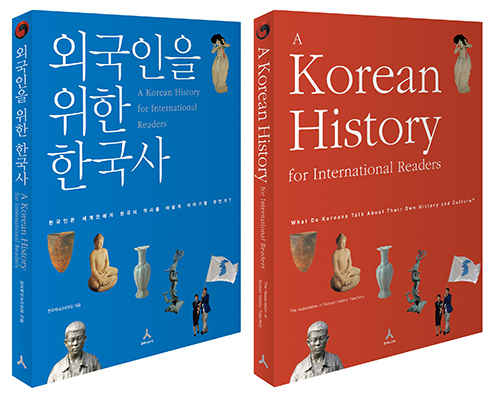
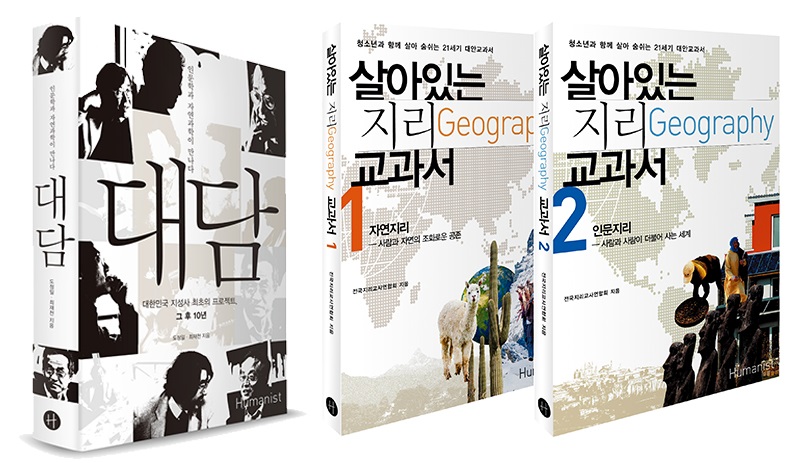

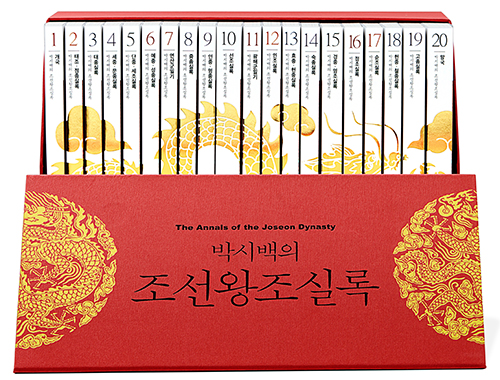
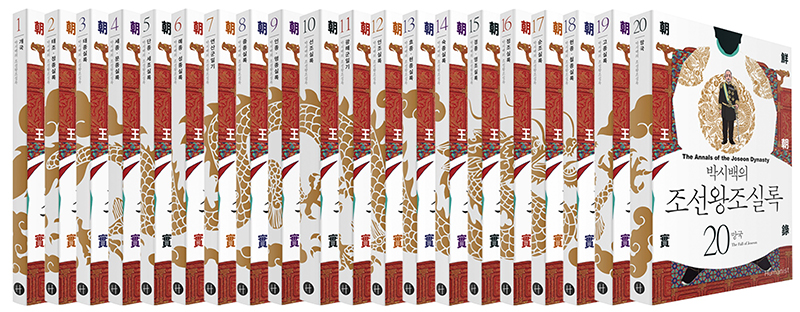
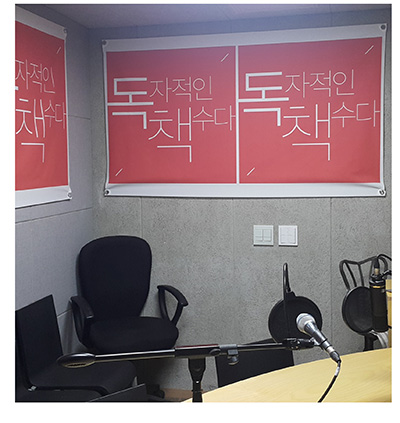
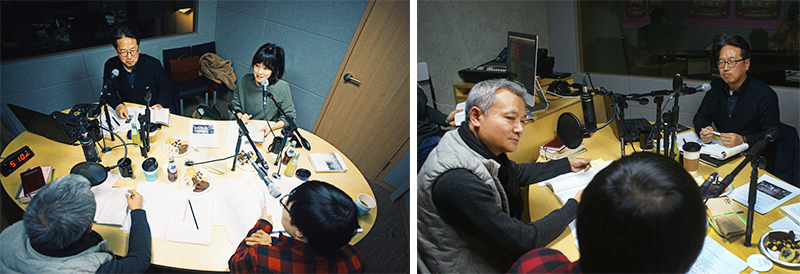

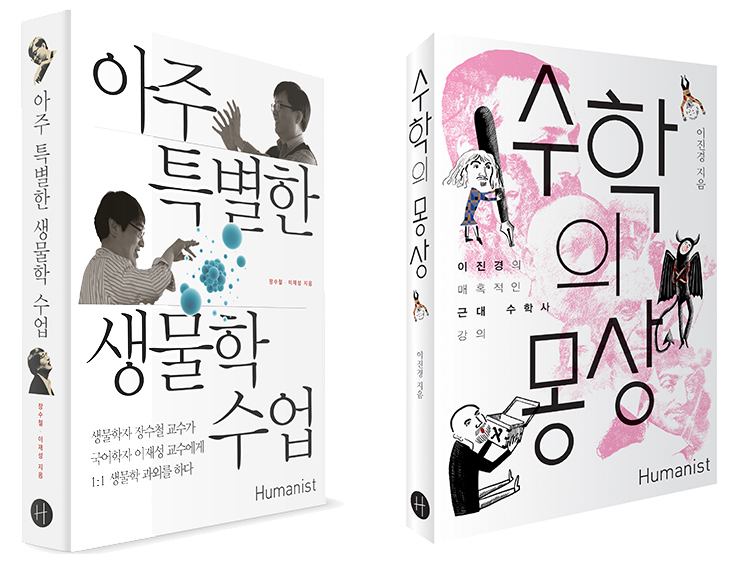

 Humanist Hompage :
Humanist Hompage : 




